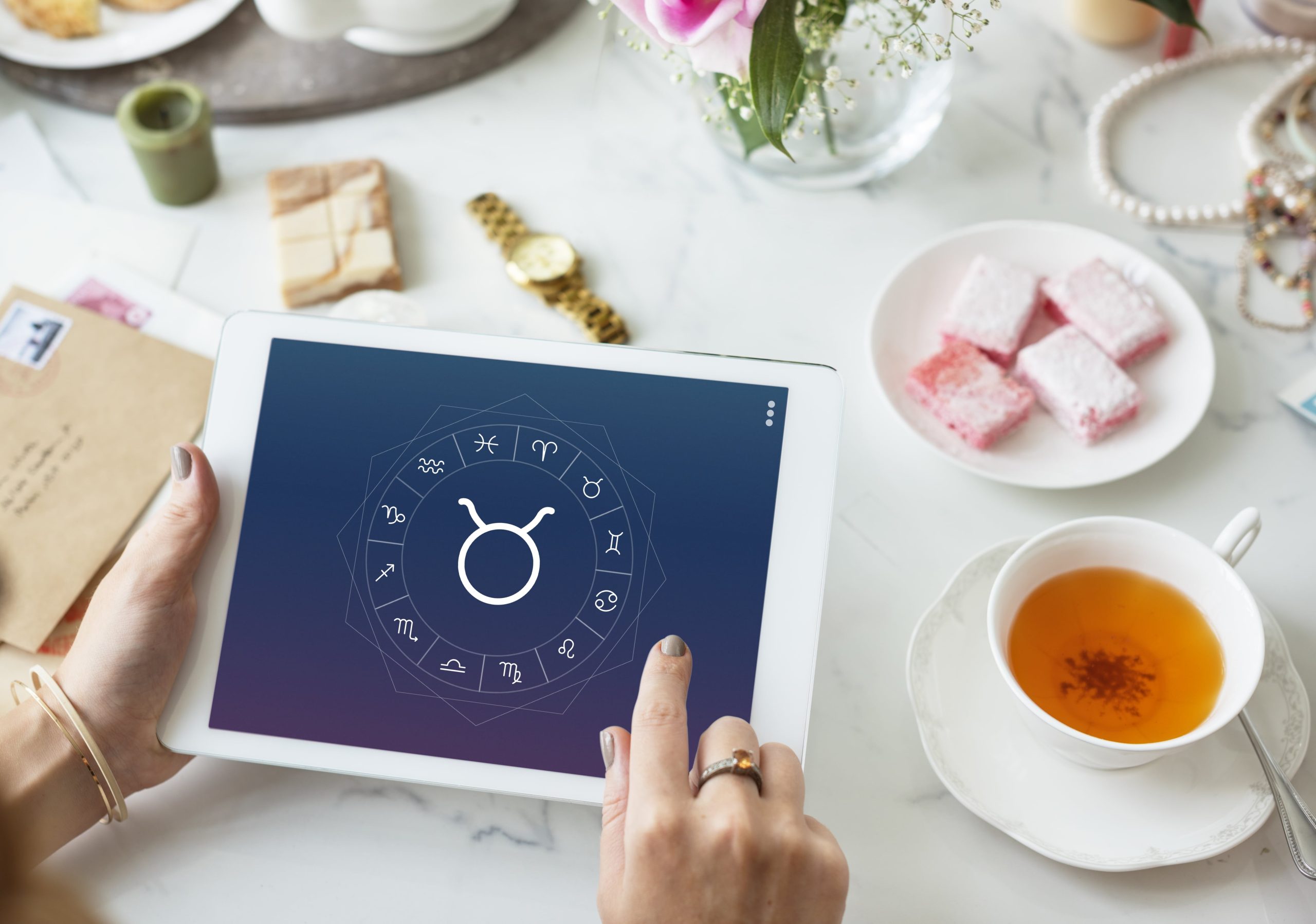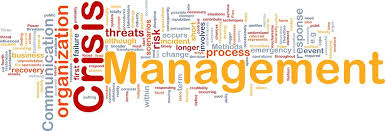Astrology has become a popular and accessible source of guidance, and astrology apps have made it easy for users to connect with astrological insights on their mobile devices. But astrology is not a one-size-fits-all system; different cultures have developed unique astrological frameworks, each with its own interpretations and insights. For those interested in developing an astrology app, understanding the distinctions between Western, Vedic, and Chinese astrology can be invaluable for creating a diverse and engaging experience for users. In this blog, we’ll explore these three astrology types and why an experienced astrology app development company is essential for building a high-quality astrology app.
Western Astrology: Sun Signs and Birth Charts
Western astrology is the most widely recognized and commonly used system in the world today. It primarily focuses on the position of the Sun, Moon, and planets at the time of a person’s birth, with each person assigned a Sun sign based on their birth date. Western astrology also uses 12 zodiac signs and 12 houses to represent different aspects of life and personality.
- Core Components: Western astrology centers on Sun signs, which are linked to specific personality traits and behavioral tendencies. Each of the 12 zodiac signs, from Aries to Pisces, represents an archetype with particular strengths, weaknesses, and preferences.
- Birth Charts: A birth chart (or natal chart) is a map of the sky at the moment of a person’s birth, detailing the positions of the Sun, Moon, and planets. Each planet’s placement within the 12 zodiac signs and 12 houses provides insights into different aspects of a person’s character, relationships, career, and potential life challenges.
- Planetary Aspects: Western astrology places significant importance on planetary aspects, which are the angles between planets in a chart. Different aspects (such as conjunctions, trines, and oppositions) indicate how planets influence each other, affecting a person’s character and experiences.
A knowledgeable astrology app development company can leverage these core elements of Western astrology to create features that allow users to access daily, weekly, or monthly horoscopes, generate birth charts, and explore planetary transits. Since Western astrology is widely popular, it’s essential to provide users with accurate, insightful interpretations of these aspects.
Vedic Astrology: The Science of Light
Vedic astrology, also known as Jyotish, originated in India and is based on ancient scriptures called the Vedas. Unlike Western astrology, which uses a tropical zodiac system, Vedic astrology employs the sidereal zodiac, which aligns with fixed constellations. Vedic astrology is highly intricate, focusing on karma and life cycles, with a strong emphasis on planetary positions and their influence on life events.
- Nakshatras and Dashas: A key difference between Vedic and Western astrology is the concept of nakshatras, or lunar mansions, which divide the sky into 27 sectors. Each nakshatra has unique characteristics that offer deeper insights into a person’s personality. Dashas, or planetary periods, are cycles that determine which planet has the most significant influence at a given time, impacting the timing of events and life experiences.
- Planetary Influence and Houses: In Vedic astrology, each planet (graha) rules over specific life aspects and has a unique influence based on its placement within the 12 houses. The houses represent various life themes, from health and family to career and spirituality.
- Karma and Reincarnation: Vedic astrology places a strong emphasis on karma and reincarnation, viewing life as a journey influenced by past actions. This belief affects the interpretations of planetary positions and life events, providing guidance on how individuals can work with their karma to achieve balance and growth.
For an astrology app that includes Vedic astrology, partnering with an astrology app development company skilled in this system is crucial. These developers can incorporate features like detailed natal charts based on sidereal calculations, insights into dashas, and personalized predictions rooted in karmic principles. By providing a culturally rich and accurate Vedic astrology experience, the app can engage users seeking guidance rooted in ancient wisdom.
Chinese Astrology: The Twelve-Year Cycle and Lunar Calendar
Chinese astrology, deeply embedded in Chinese culture, uses a lunar calendar and a 12-year cycle based on 12 animal signs: Rat, Ox, Tiger, Rabbit, Dragon, Snake, Horse, Goat, Monkey, Rooster, Dog, and Pig. Each year is governed by an animal sign and one of five elements (Wood, Fire, Earth, Metal, Water), which influence the personality traits and compatibility of individuals born in that year.
- Animal Zodiac Signs and Elements: Unlike Western and Vedic astrology, which place heavy emphasis on the exact birth date and time, Chinese astrology is based on the year of birth. Each animal sign is associated with certain qualities, and the influence of the elements creates different cycles within each sign. For instance, a Wood Tiger year differs significantly from a Metal Tiger year.
- The Chinese Calendar and Lunar Phases: Chinese astrology relies on the lunar calendar, which is why the Chinese New Year date varies each year. The lunar calendar is significant because it aligns with the moon’s phases, adding a different dimension to astrological insights compared to Western or Vedic systems.
- Compatibility and Relationship Insights: Chinese astrology is widely used to determine compatibility between individuals. The animal signs are grouped into elements, and certain combinations are believed to bring harmony, while others may result in conflict.
Developing an astrology app that includes Chinese astrology requires an app development company with experience in creating culturally sensitive and accurate tools. This includes features for identifying animal signs based on the lunar calendar, compatibility calculations between signs, and personalized yearly forecasts according to the user’s birth year and element. Offering these unique insights allows users to explore relationships and understand themselves within the context of Chinese culture.
Integrating Multiple Astrology Types into One App
Creating an app that integrates Western, Vedic, and Chinese astrology is a unique opportunity to reach a global audience with diverse astrological interests. However, it also requires expertise to balance these systems and ensure that each one is accurately represented. Here are a few tips for effectively combining multiple astrology types in a single app:
- User Customization and Profiles: Allow users to select their preferred astrology type when setting up their profile. This will enable them to access personalized horoscopes, compatibility insights, and chart information based on the system they’re most interested in.
- Daily, Weekly, and Yearly Horoscopes: Provide users with daily and weekly horoscopes for Western and Vedic astrology, along with yearly predictions for Chinese astrology. This makes the app engaging and ensures users find value no matter which system they choose.
- Cross-System Compatibility Features: Create compatibility features that blend the insights from all three systems, offering users a holistic view of their relationships, career, and life path.
- Personalized Push Notifications: Based on the user’s chosen astrology type, send relevant updates and insights via push notifications. For example, if a user follows Vedic astrology, they could receive notifications about their dasha periods or lunar nakshatras.
- Educational Content and Glossary: Since each system has unique terms and concepts, providing educational content or a glossary can help users understand the different types of astrology, enhancing their experience and engagement with the app.
Choosing the Right Astrology App Development Company
Building an astrology app that combines multiple astrological systems requires expertise in mobile app development and a deep understanding of each astrology type. A seasoned astrology app development company can ensure that the app is both technically sound and astrologically accurate, while a mobile app development company can bring the app to life with a user-friendly design and engaging features.
Working with professionals also means gaining access to resources for database management, real-time updates, and security features that protect user data. An experienced development partner can handle the technical complexities and provide guidance on how to present astrological insights in a way that resonates with users.
Conclusion
As astrology continues to attract audiences worldwide, offering an app that integrates Western, Vedic, and Chinese astrology can set your product apart in a crowded market. By understanding the distinctions between these three astrology types, you can build an app that caters to a wide range of astrological preferences and cultural backgrounds. Partnering with an experienced astrology app development company or mobile app development company can help you create a high-quality, accurate, and engaging app that resonates with users on a global scale.
Whether your users are looking for daily horoscopes, compatibility insights, or a deeper understanding of their personal astrology, combining multiple astrology types in one app provides them with a comprehensive and enriching experience. By making these insights easily accessible, your app can inspire users to explore astrology in a meaningful and personalized way.





